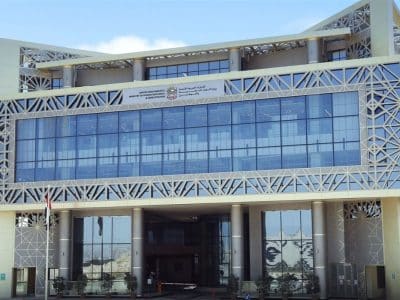Nissan Motor announced on Tuesday that Ivan Espinosa will become its new chief executive officer, replacing Makoto Uchida who will step down at the end of March, following the collapse of merger talks with Honda Motor last month.
Espinosa, 46, currently the company’s chief planning officer, will take the helm of the troubled Japanese automaker on April 1 as it struggles with declining sales, shrinking market share and the aftermath of failed negotiations that would have created the world’s third-largest car manufacturer.
The leadership shake-up, which includes the departure of two other senior executives, comes as Nissan attempts to revive its fortunes after reporting a net loss of 14.1 billion yen ($95.7 million) in the quarter ending December 2024.
Board chairman Yasushi Kimura acknowledged during Tuesday’s news conference that Espinosa faces “a very challenging start” given “industrywide challenges and Nissan’s performance.”
The Mexico-born Espinosa, who joined the company in 2003, will also assume the roles of representative executive officer and president as part of what the company described as a “significantly renewed leadership line-up to achieve the company’s short and mid-term objectives while positioning it for long-term growth.”
Failed merger’s aftermath
February’s collapse of the Honda-Nissan merger talks, which began with much fanfare in December, has intensified pressure on the automaker.
Japanese media reported that discussions unravelled after Honda, with its market value of $50 billion—five times that of Nissan—proposed making Nissan a subsidiary rather than proceeding with the original plan to establish a joint holding company.
The failed negotiations highlight ongoing challenges in Japan’s automotive sector as it attempts to compete with Chinese manufacturers in electric vehicles and maintain relevance in hybrid markets dominated by Toyota.
The leadership turmoil at Nissan echoes comments made by former Chairman Carlos Ghosn in a recent interview with Arabian Business. Ghosn, who dramatically escaped Japan in 2019 while facing financial misconduct charges, argued that Japanese corporate culture often prioritises control over growth.
“The Japanese don’t care about the health or the development of Nissan and Mitsubishi, they just want to have a Japanese control on Nissan and Mitsubishi,” Ghosn said in the interview. He described at the time what he called a “control war” where some Japanese executives prefer “a smaller company, a weaker company under their control” rather than “a stronger company, a healthier company, with very little control on them.”
In November, Nissan announced a major restructuring plan to reduce costs by $2.6 billion, including cutting 9,000 jobs from its global workforce of over 133,000 and reducing manufacturing capacity by 20 per cent. The company has also pledged to reinvest these savings into expanding its electric vehicle offerings in China and hybrid options in the United States.
Alongside Uchida, Chief Brand and Customer Officer Asako Hoshino and Chief Strategy and Corporate Affairs Officer Hideaki Watanabe will also step down on March 31.









